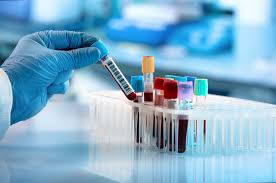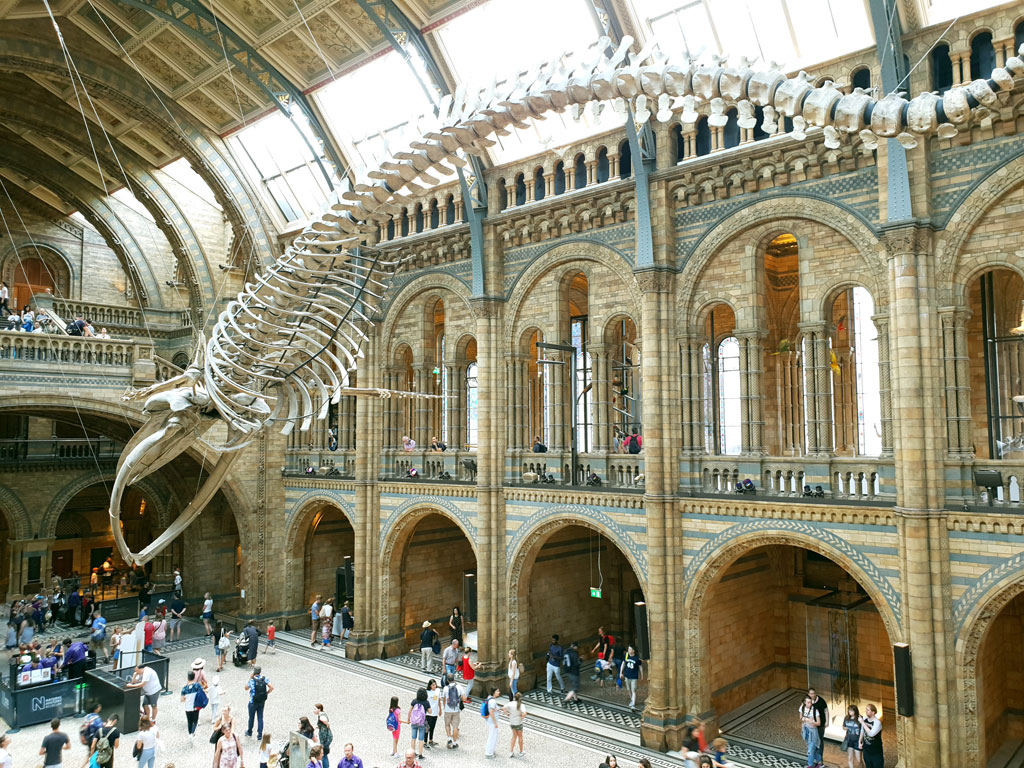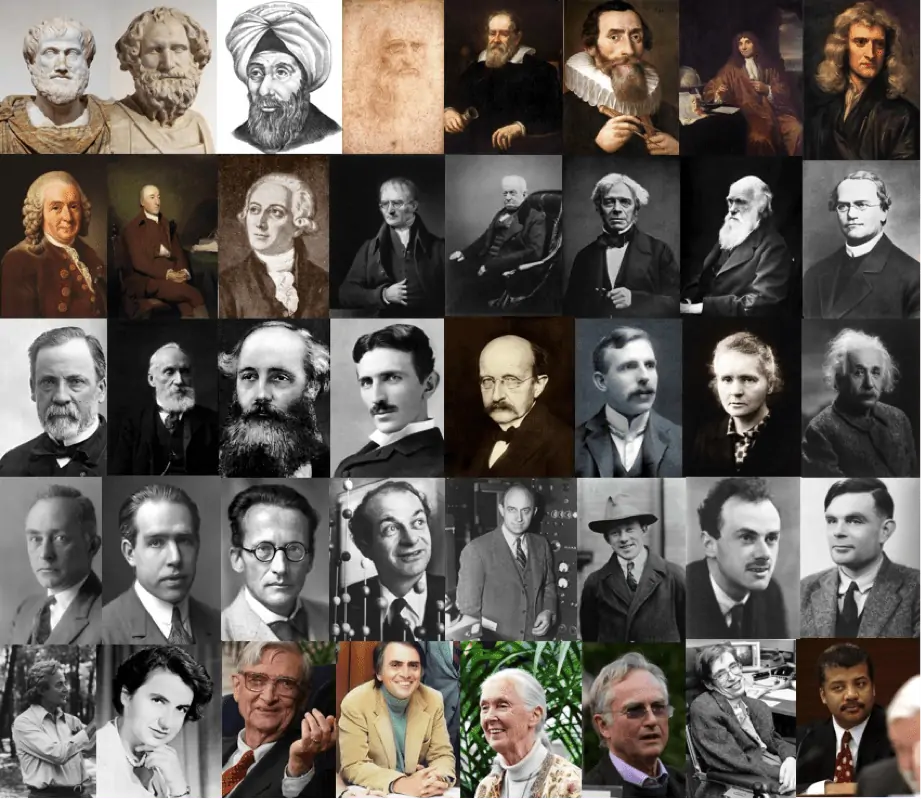Mini Sheet: Institut Pasteur (France 2017)
Institut Pasteur (France 2017)
01 January (France ) within release Institut Pasteur goes into circulation Mini Sheet Institut Pasteur face value None No Face Value
| Mini Sheet Institut Pasteur in catalogues | |
|---|---|
| Colnect codes: | Col: FR 2017-01 |
Mini Sheet is square format.
date approxAlso in the issue Institut Pasteur:
- Mini Sheet - Institut Pasteur face value None;
- Mini Sheet - Institut Pasteur. AIDS and Retrovirus Building face value None;
- Mini Sheet - Institut Pasteur. Antibody Structure face value None;
- Mini Sheet - Institut Pasteur. High Security Fume Cupboard Work face value None;
- Mini Sheet - Institut Pasteur. Historic Building face value None;
- Mini Sheet - Institut Pasteur. Koch Bacterial Culture face value None;
- Mini Sheet - Institut Pasteur. Observation of Infected Cells face value None;
- Mini Sheet - Institut Pasteur. Pasteur Museum Scientific Room face value None;
- Mini Sheet - Institut Pasteur. Pasteur wearing academic suit face value None;
- Mini Sheet - Institut Pasteur. Rabies Vaccin. Caricature 13 march 1886 face value None;
- Mini Sheet - Institut Pasteur. Stained Glass window, Pasteur Museum face value None;
|
Data entry completed
50%
|
|
|---|---|
| Mini Sheet Institut Pasteur in digits | |
| Country: | France |
| Date: | 2017-01-01 |
| Emission: | Cinderella |
| Format: | Mini Sheet |
| Face Value: | None No Face Value |
Mini Sheet Institut Pasteur it reflects the thematic directions:
The human immunodeficiency virus (HIV) is a retrovirus that attacks the immune system. It can be managed with treatment. Without treatment it can lead to a spectrum of conditions including acquired immunodeficiency syndrome (AIDS)
A building or edifice is a structure with a roof and walls standing more or less permanently in one place, such as a house or factory. Buildings come in a variety of sizes, shapes and functions, and have been adapted throughout history for a wide number of factors, from building materials available, to weather conditions, to land prices, ground conditions, specific uses and aesthetic reasons. Buildings serve several needs of society – primarily as shelter from weather, security, living space, privacy, to store belongings, and to comfortably live and work. A building as a shelter represents a physical division of the human habitat (a place of comfort and safety) and the outside (a place that at times may be harsh and harmful).
A hospital is a healthcare institution providing patient treatment with specialized health science and auxiliary healthcare staff and medical equipment. The best-known type of hospital is the general hospital, which typically has an emergency department to treat urgent health problems ranging from fire and accident victims to a sudden illness. A district hospital typically is the major health care facility in its region, with many beds for intensive care and additional beds for patients who need long-term care.
A laboratory (UK: /ləˈbɒrətəri/; US: /ˈlæbrətɔːri/; colloquially lab) is a facility that provides controlled conditions in which scientific or technological research, experiments, and measurement may be performed. Laboratories are found in a variety of settings such as schools, universities, privately owned research institutions, corporate research and testing facilities, government regulatory and forensic investigation centers, physicians' offices, clinics, hospitals, regional and national referral centers, and even occasionally personal residence
Medicine is the science and practice of caring for patients, managing the diagnosis, prognosis, prevention, treatment, palliation of their injury or disease, and promoting their health. Medicine encompasses a variety of health care practices evolved to maintain and restore health by the prevention and treatment of illness. Contemporary medicine applies biomedical sciences, biomedical research, genetics, and medical technology to diagnose, treat, and prevent injury and disease, typically through pharmaceuticals or surgery, but also through therapies as diverse as psychotherapy, external splints and traction, medical devices, biologics, and ionizing radiation, amongst others.
A museum (/mjuːˈziːəm/ mew-ZEE-əm) is an institution dedicated to displaying and/or preserving culturally or scientifically significant objects. Many museums have exhibitions of these objects on public display, and some have private collections that are used by researchers and specialists. Compared to a library, a museum hosts a much wider range of objects and usually focus around a specific theme such as the arts, science, natural history, local history, and other topics. Public museums that host exhibitions and interactive demonstrations are often considered to be tourist attractions, and many museums attract large numbers of visitors from outside their host country, with the most visited museums in the world regularly attracting millions of visitors annually.
A scientist is a person who researches to advance knowledge in an area of the natural sciences







